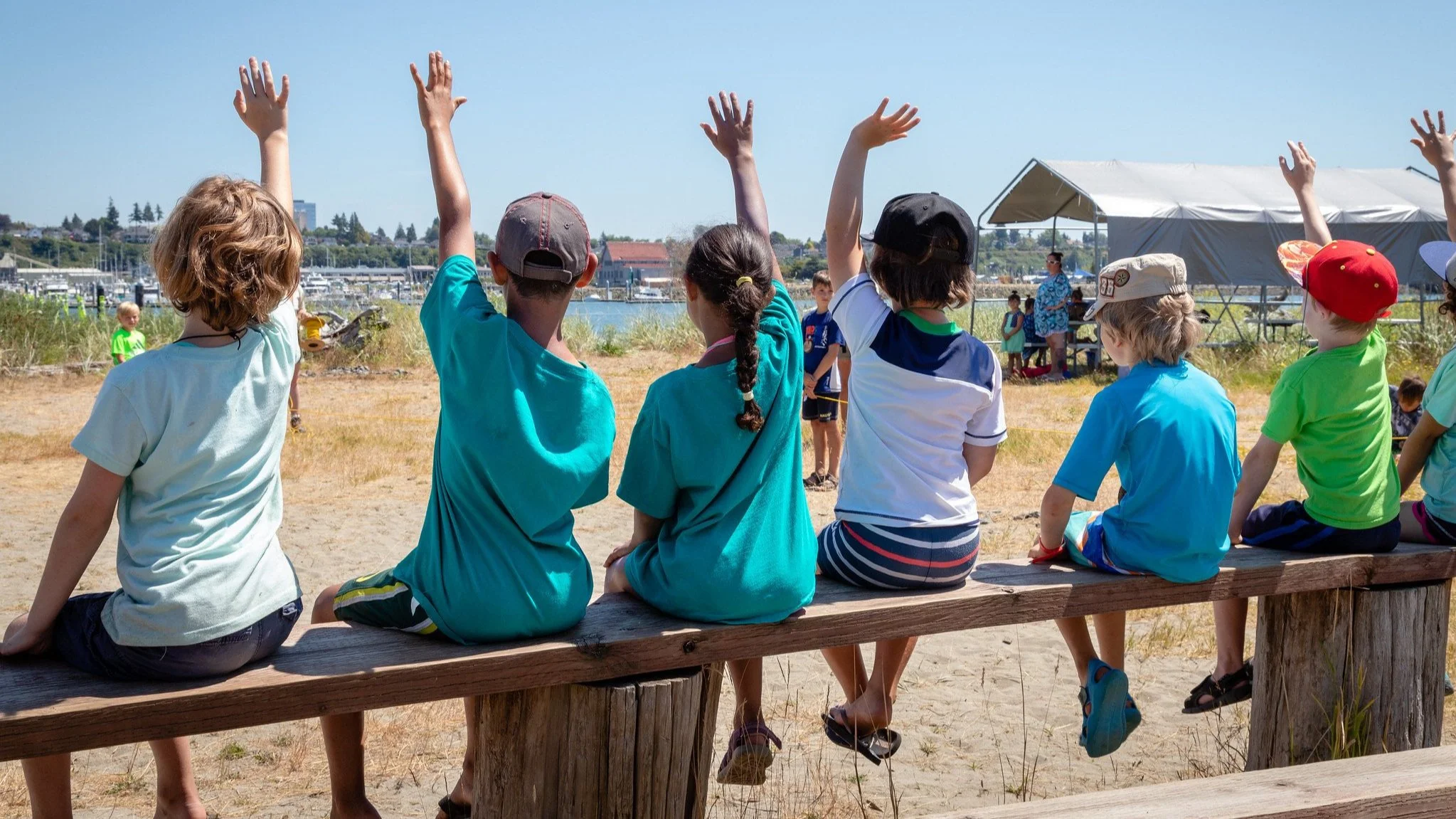Knowing For Themselves
How to invite children to explore their toughest questions with you and help them lay an intellectual foundation for their faith
Shared on Flickr and published under the Creative Commons Attribution 2.0 Generic license.
A student at an Adventist high school once asked his teacher, “How do you know God is real?” The teacher’s angry retort, “Of course God is real!” squandered a wonderful ministry opportunity. Thankfully, that young man went on to develop a strong faith and eventually became a successful minister, in spite of that disappointing interaction.
Children are naturally curious and trusting. Early on, they accept what their parents tell them, whether it’s about the Easter Bunny or why the sky is blue. As they mature, they increasingly want to know not just what is true, but why it is true. If they feel safe, they might ask increasingly foundational questions about God’s existence and the Bible. We can take this as a threat or as a gift. These questions create a golden window to help children find answers and strengthen their faith.
Through my travels across North America, speaking in schools and churches about Evidence for God, I have found several principles that capture kids’ attention and help them lay an intellectual foundation for their faith.
First, it’s crucial to spark curiosity. I often begin by asking, “Who here believes in God?” Many hands go up. Then I follow up: “Why?” After gathering their responses, I pose another question: “What if you had grown up Muslim, Hindu, or atheist?” Suddenly, students see the importance of knowing for themselves why they believe in God.
Once you have their attention, it’s important not to lose it. Instead of reciting a list of facts or logical arguments, which quickly becomes boring, take time to explore questions one at a time. I often share a list of common doubts or questions with the students. Some can be addressed quickly; others warrant an entire class period. In each exploration, honesty, respect, and thoroughness are essential so that the answers you discuss can stand both the test of time and the Google or Grok search that might happen after class. As pastors, we are expected to be informed about faith issues, so it’s vital to keep learning and to grasp the basics of apologetics for ourselves so that we can provide robust answers to questions.
Some questions have straightforward answers. For example, the assertion “There is no such thing as truth” can be quickly critiqued: If that statement is true then at least one thing is true, and if even one thing is true then it cannot be true that there is no such thing as truth. Others, like Pilate’s question, “What is truth?” require deeper exploration. This can lead to discussions about the nature of truth, such as what the opposite of truth is and why John’s Gospel defines Truth as the person of Jesus.
Whether the questions are simple or profound, the way we treat students’ doubts is critical. Clear and confident answers are good but be careful with your tone. Students are sensitive to arrogance or dismissiveness, which alienate rather than engage them. Confidence, when balanced with humility and a willingness to keep learning, is powerful. And if something is true, it can withstand scrutiny.
There will be times, especially during Q&A, when someone asks a question you cannot answer. Perhaps it’s an issue you are still struggling with yourself, or maybe you have never thought of it. This is a prime opportunity to demonstrate authentic faith that is both confident and humble, embracing the reality that not all questions have immediate answers. Admitting “I don’t know” models healthy faith and shows students that belief in God does not require having every question answered.
A challenge within Adventism is that our positive emphasis on truth and solid theology can unintentionally imply that if we just try hard enough, we can resolve every doubt. I’ve had to let go of this in my own journey. I recall a classmate during a Holy Land archaeology course who was unable to let go of the need to resolve all his doubts. Tragically, a few months later, he walked away from the ministry and his faith. This experience taught me that while we must research to find the best possible answers for ourselves and others, we also need to be honest that no one has all the answers. In my journey, Jesus remains the best answer to life’s hardest questions.
We should never fear tough questions, nor be afraid to admit when we don’t know. Invite children to explore such questions with you, do your best to help them find good answers, and, when necessary, admit you do not know. Share that you have some questions you are waiting to ask Jesus when you get to heaven. It is essential that children know it’s safe to voice their questions and doubts. Suppressing these will cause them to fester and grow into greater stumbling blocks later in life.
Children love learning and asking questions. As their pastor, you have a unique position of influence. They are far more likely than adults to trust what you say about God and the Bible. Take time to connect with them, encourage their questions, and treat each inquiry as an opportunity. By valuing their curiosity, you help them discover faith for themselves and lay a foundation that can endure for a lifetime of faith.
Walter and Sarah Rogers travel North America with their family in an RV holding Evidence for God seminars at churches and schools to help people explore answers to their biggest doubts and toughest questions.

